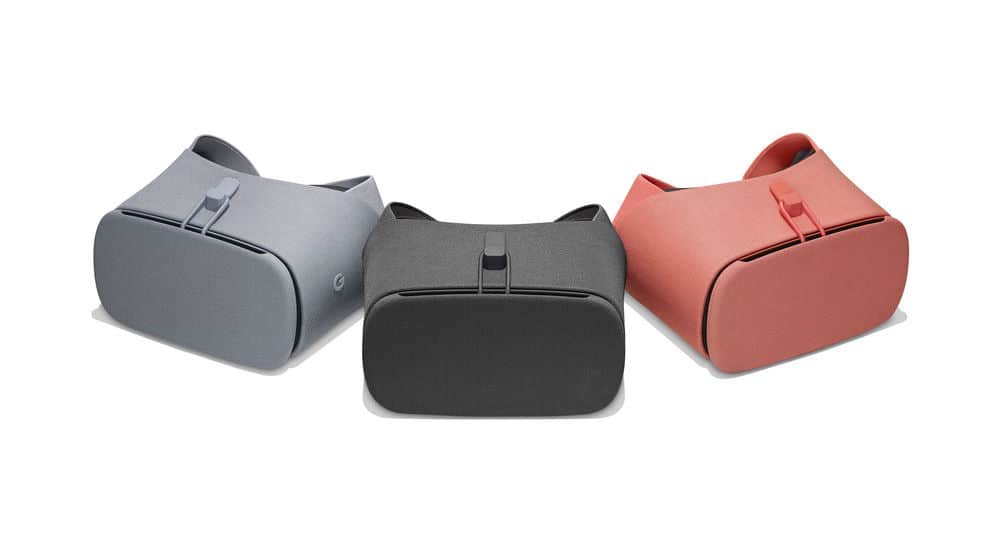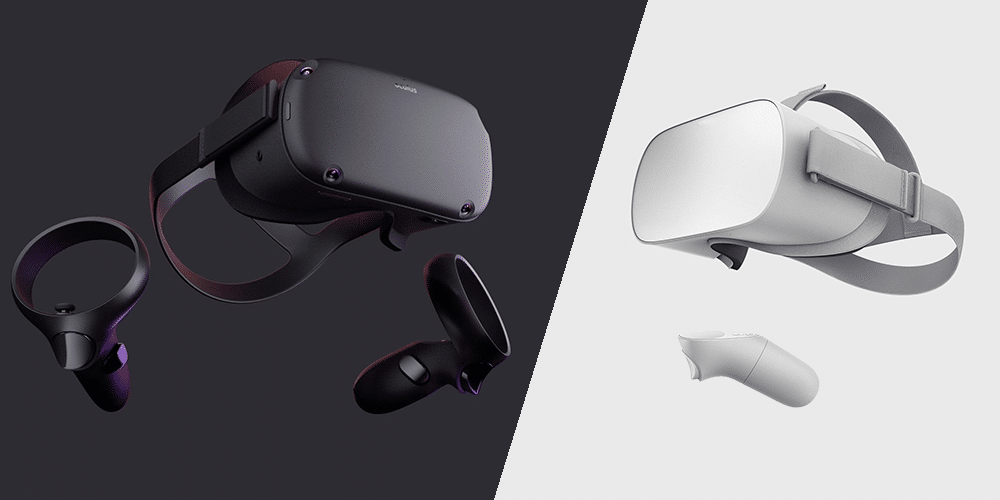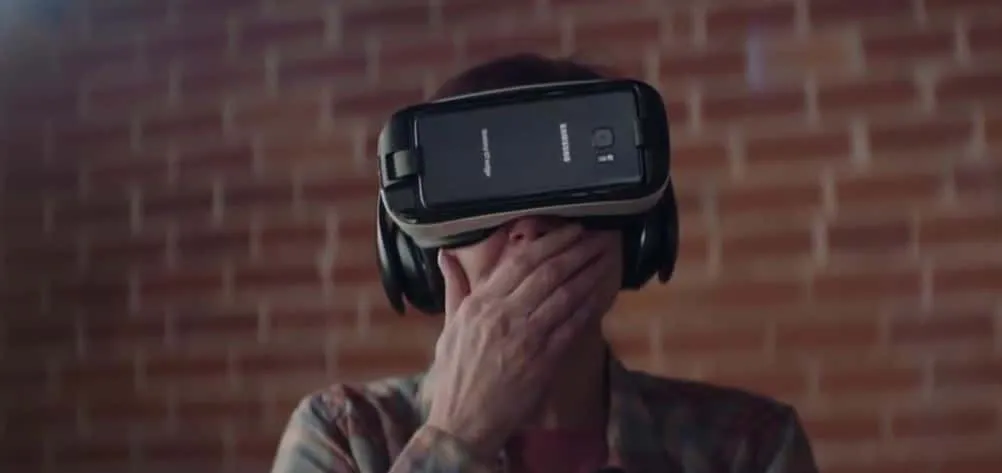Facebook is ending software updates for the Samsung Gear VR. Further, users will no longer be able to access films or download the Oculus Video app.
The Samsung Gear VR is a smartphone-based VR headset. Like Google Cardboard and its plastic derivatives, users slot in their smartphone which acts as the display and computer. Unlike cardboard, however, it features a dedicated gyroscope and accelerometer, and runs the same Oculus mobile platform and store as the Oculus Go.

The first Gear VR was released in late 2014 for Samsung’s Galaxy Note 4. While labeled an ‘Innovator Edition’, the product was essentially the first modern consumer VR headset.
Over the years, new versions were released to support the latest Samsung phones. The headset did not change significantly, other than the inclusion of a 3DoF controller from 2017 onward.
No Updates, No Films, No New 360 Video Users
Samsung phones will no longer receive new Gear VR features via Oculus OS updates.
From today, the Oculus Video and Oculus 360 Photos apps will no longer be able to be downloaded on Gear VR. If you already have those apps installed on your phone you can continue to use them, but rented and purchased films will no longer be available. Existing users with purchased films should receive Oculus Store credit “equivalent to the cost you paid for any titles you bought,” according to Facebook. Users should be able to continue to use other film services like Netflix, Prime Video, and Fandango Now, but we should note that some developers who supported Gear VR stopped once it became clear Facebook wasn’t going to update the platform anymore.
The included Oculus Browser will no longer be updated. In Facebook’s own words, this may introduce “an increased security risk, as with using any out-of-date web browser”. At Oculus Connect conferences, the browser has been said to be one of the top used apps on mobile VR.
Samsung’s own Samsung Internet is available on Gear VR, but hasn’t been updated since April 2019. Other third party browsers exist on the store, but with low user ratings.
From September 15, developers will no longer be able to support Gear VR on new apps released to the Oculus Store.
Gear VR Was Already Dead
The announcement won’t be a surprise to those following the Gear VR in months.
At Oculus Connect 6 back in September 2019, Oculus’ then-CTO John Carmack essentially declared the Gear VR dead.
This was prompted by the news that Samsung’s Galaxy Note 10 would not support VR. The Galaxy S20 followed suit this year, ending Samsung’s support of the platform.
Google’s competing Daydream smartphone VR platform is also essentially dead, with neither the Pixel 3a nor Pixel 4 supporting it and sales of the headset itself ending.
In December the Oculus SDK dropped support for Gear VR, and in January the Unity engine, used to make most VR apps, deprecated support.

Smartphone-based VR created a lot of problems. The time it takes to slot in and out the phone, and the fact the user’s phone is unusable while docked into the headset, makes people less likely to want to use VR on a regular basis. A Gear VR session could also end after a matter of minutes, depending on the device and conditions in which it is used, due to the phone’s processor reaching its thermal limits. Smartphones pack all of their components into an incredibly small space. While Samsung improves its passive cooling design almost every year, there are physical limitations which can’t be overcome packing VR into a device designed first as a phone.

Standalone VR headsets, though, incorporate the screens and computing hardware and are designed for better cooling. Despite standalones having roughly the same graphical limitations as smartphone VR, Carmack claimed that the Oculus Go saw Rift-like retention levels, whereas Gear VR’s was much lower.
Facebook previously stopped production of cables for the original Oculus Rift, leaving many owners with no repair option when it breaks. Oculus Go’s social features were dropped late last year. Facebook said Quest will be supported “for years to come”, but Go looks like it may be on the way out.




























